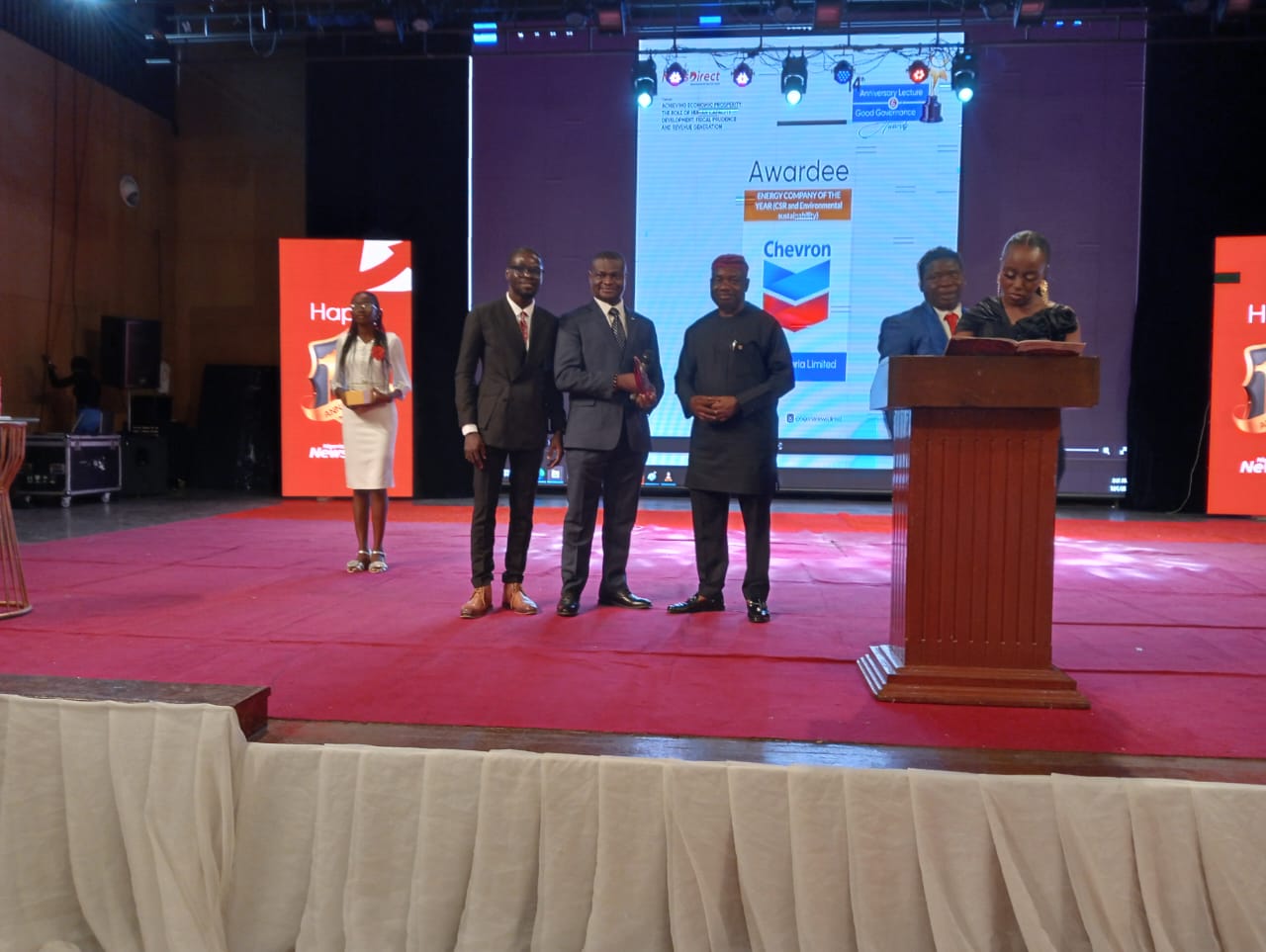Energy
UK government pledges energy review to cut ‘unacceptable’ prices
* Government to review competition in energy sector
* Cameron says he will cut back green regulations
* Rising energy prices dominate political debate
* Labour says Cameron is panicking over high prices
LONDON – British Prime Minister David Cameron sought to regain the initiative in a political row over soaring energy prices on Wednesday, promising to try to improve competition in the sector and to cut green taxes that have helped inflate prices.
Energy costs have become a high-profile political issue in Britain after the opposition Labour Party promised to freeze bills for 20 months if it won the next election in 2015 and several energy firms unveiled sharp price increases.
 How much Britons pay to heat their homes has also played into a wider debate about the cost of living which has risen as inflation and price rises from everything from utility bills to train tickets have outstripped stagnant wages.
How much Britons pay to heat their homes has also played into a wider debate about the cost of living which has risen as inflation and price rises from everything from utility bills to train tickets have outstripped stagnant wages.
“We need to roll back some of the green regulations and charges,” Cameron told parliament during an emotionally-charged debate. “We will be having a proper competition test carried out over the next year to get to the bottom of whether this market can be more competitive.”
Even though the overall economy is improving, Labour, who are just ahead in most opinion polls, have said many people will be faced with a choice between “eating and heating”, accusing Cameron’s ruling Conservatives of being out of touch.
Cameron on Wednesday described the high cost of energy bills as “unacceptable”, but said Labour’s plans to freeze prizes were an unworkable “con”. He too was prepared to intervene in the sector, he added, but in a way that was practical.
Energy supplier RWE npower raised electricity and gas charges by an average of 10.4 percent on Monday. That followed Centrica’s average 9.2 percent rise and an 8.2 percent increase by SSE. Centrica’s shares fell 1.2 percent after Cameron spoke.
The other three members of the “Big Six” who control 99 percent of the British retail energy market are Scottish Power, a unit of Spain’s Iberdrola, EDF Energy and E.ON.
The price rises stirred a debate about the profits made by the six firms and whether consumers are getting a fair deal.
COALITION RIFT?
Labour leader Ed Miliband seized the initiative on energy prices last month with an attack on a market he described as broken with a pledge to freeze bills.
Cameron dismissed the idea as unworkable but conceded that Miliband had “struck a chord” at a time of squeezed wages and rising household bills.
He came under further pressure on the issue on Tuesday when former Conservative prime minister John Major suggested Britain should tax energy firms’ “excess profits”.
Labour energy spokeswoman Caroline Flint said Cameron was “panicking over his failure to address soaring energy bills”.
Any cuts to environmental regulations are likely to anger Cameron’s coalition partners, the Liberal Democrats, a party keen to promote its record on green and social issues.
“(We) will not allow the Conservatives to undermine our commitment to the environment, hurt the fuel poor, or destroy our renewable energy industry,” said a Liberal Democrat source.
Environmental taxes and social charges contribute nearly 10 percent to domestic energy bills, which average more than 1,200 pounds ($1,900) a year for each household.
The competition review will start in the coming weeks and will look at “prices, profits and barriers to new entrants” to the sector and will rule nothing out when it comes to making it more competitive, Cameron’s spokesman said.
More details of any environmental tax reforms will be given in the government’s fiscal policy update to parliament on Dec. 4, the spokesman added.
The energy companies blame the rises on wholesale prices, the cost of the supply network, and the government’s environmental and social programmes.
“We have long recognized there is significant political and regulatory interest in energy supply markets and a balanced audit of competition in the market should be a useful additional step towards building customers’ trust”,” an SSE spokesman said.
– REUTERS
Energy
Dangote Partnership: MRS Urges Nigerians To Insist On N935/Litre Petrol Price Nationwide

MRS Oil Nigeria Plc, a prominent player in the Nigerian downstream oil industry, has implemented a new petrol price of N935 per litre across all its retail service stations nationwide.
The company has also called on Nigerians to monitor and report any outlets that fail to adhere to the new price structure.
Biztellers reports that this is consequent upon an announcement by the President of Dangote Industries Limited, Aliko Dangote, that the Dangote Petroleum Refinery has partnered with MRS Oil and Gas to offer petrol at N935 per litre at retail outlets, following a reduction in the ex-depot price from N970 to N899.50 per litre.
ALSO READ: Dangote Slashes PMS Price To N899.50k
It was gathered that MRS Oil Nigeria Plc has instructed all its outlets to implement the new price immediately, setting up a digital platform and monitoring team to ensure full compliance.
In a statement on Monday night, the company declared, “Petrol is now being sold at N935 at MRS Filling Stations nationwide. If you find any station not following this price, please report it. Call 08009447853 or email: NG-FMKPMGWHISTLEBLOWING@NG.KPMG.COM”
Emphasising the eco-friendly nature of its products, MRS Oil added, “We call on all petrol station owners to join MRS Oil Nigeria Plc in improving the supply chain of our beloved country, ensuring product quality and availability in every corner of Nigeria for the benefit of all Nigerians.”
In Lagos, commuters were seen queuing at MRS filling stations to purchase petrol, with many expressing their gratitude to the Dangote Petroleum Refinery and MRS Oil and Gas, urging other marketers to support the indigenous refinery rather than import off-spec products into the country.
A commuter at the MRS station at Alapere on the Lagos Ibadan Express way, Ibukun Phillips, could not hide her joy as her husband filled up their car.
“I am very happy today. This is a victory for Nigeria,” she said. “The price reduction is the best gift of the season. But beyond just the reduction, we are buying standard, eco-friendly petrol at a lower rate. My husband and I have decided we will only be using MRS from now on because we are confident in the quality of the product and supporting the economy.”
A commercial bus driver, Adio Ajibade described the price reduction as a great relief, especially during the festive season.
“The reduction is a great relief. It will reduce transportation costs and benefit Nigerians. God will continue to bless Alhaji Aliko Dangote,” he said.
A public affairs analyst and university lecturer, Dr. Tunde Akanni, said the collaboration between Dangote Petroleum Refinery and MRS Oil represents a significant step towards improving the affordability, quality, and sustainability of petroleum products in Nigeria.
According to Dr. Akanni, “this move will not only help ease the financial burden on Nigerians but also promote a more environmentally conscious approach to fuel consumption, benefitting both the economy and public health in the long term.”
Energy
FDI: Shell To Invest Billions Of Dollars On Nigeria’s Bonga North Oil Field

As a direct implication of the Federal Government’s Foreign Direct Investment drive, the Royal Dutch Shell has completed the final investment decision on the deep offshore Bonga North project in Nigeria.
Biztellers reports that the Bonga North will be a subsea tie-back to the Shell-operated Bonga Floating Production Storage and Offloading (FPSO) facility which Shell operates with a 55% interest.
Shell’s Integrated Gas and Upstream Director, Zoë Yujnovich, said, “This is another significant investment, which will help us to maintain stable liquids production from our advantaged Upstream portfolio”.
ALSO READ: OGUNCCIMA Commends Dangote Refinery’s Impact
It was gathered that the Bonga North project involves drilling, completing, and starting up 16 wells (8 production and 8 water injection wells), modifications to the existing Bonga Main FPSO and the installation of new subsea hardware tied back to the FPSO.
The company is optimistic that the project will sustain oil and gas production at the Bonga facility.
The Bonga North currently has an estimated recoverable resource volume of more than 300 million barrels of oil equivalent (boe) and will reach a peak production of 110,000 barrels of oil a day, with first oil anticipated by the end of the decade.
In addition, the Bonga North will help ensure Shell’s leading Integrated Gas and Upstream business continues to drive cash generation into the next decade.
Energy
Chevron Nigeria Bags ‘Energy Company Of The Year For Environmental Sustainability And CSR

Chevron Nigeria Limited (CNL), has received an award as “Energy company of the year (2024)” for its Environmental Sustainability and Corporate Responsibility accomplishments.
The award presented by the Nigerian News Direct newspaper, on Friday December 6, 2024, and was received by Manager Communications, Chevron Nigeria and Mid-Africa Business Unit, Victor Anyaegbudike, at a colourful event at the Grand Ballroom of the Oriental Hotel, Lagos.
ALSO READ: Stakeholders Hail NCDMB As Local Content Level Hits 56%
The organizers of the award noted that Chevron has implemented the “Protecting People and the Environment” policy, which aims at preventing injuries, illnesses, and environmental incidents. They also referenced that the company has achieved 97% gas flaring reduction in its operations in Nigeria, while implementing waste management and environmental conservation programs.
According to the media organization, Chevron Nigeria has also invested millions of dollars in community development programs, supporting education, health and economic development initiatives that have benefited thousands of people, while ensuring diversity, inclusion, and employee engagement in its business operations.
Receiving the award from the Lagos State Commissioner for Information and Strategy, Gbenga Omotosho, Anyaegbudike thanked the organizers for the honour, and reiterated Chevron’s commitment to continue to develop, affordable, reliable and ever-cleaner energy that enables human progress around the world.















